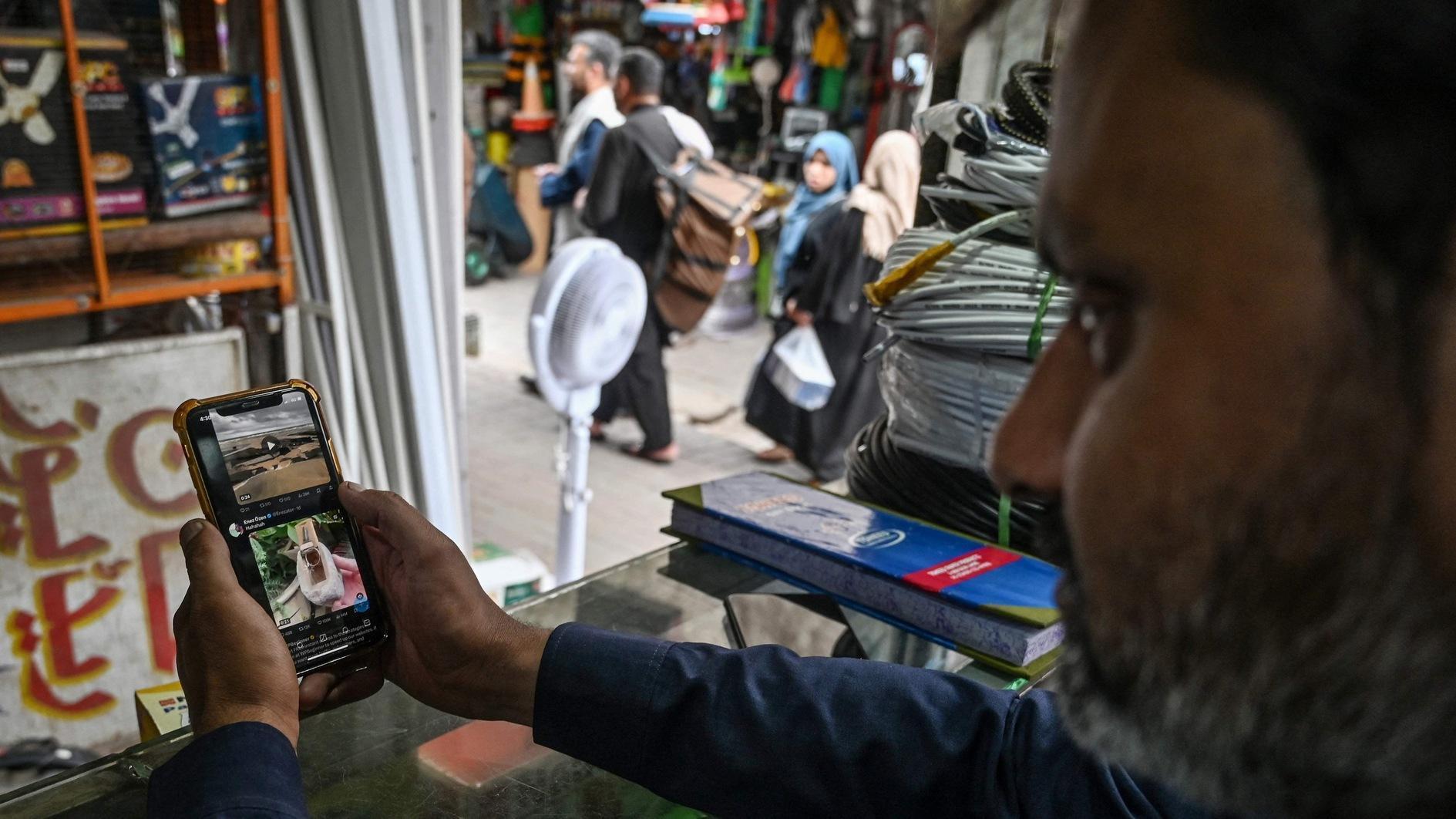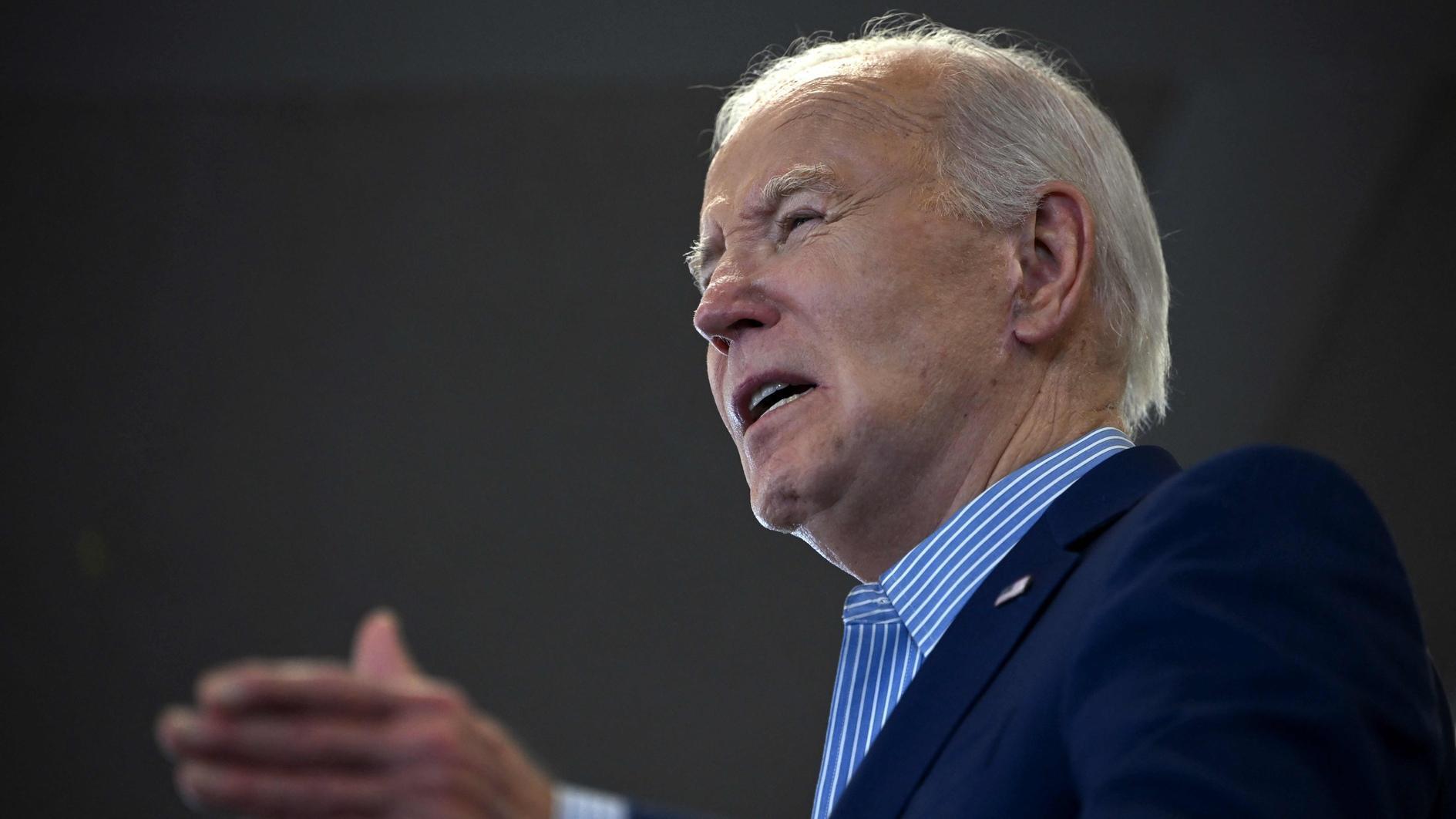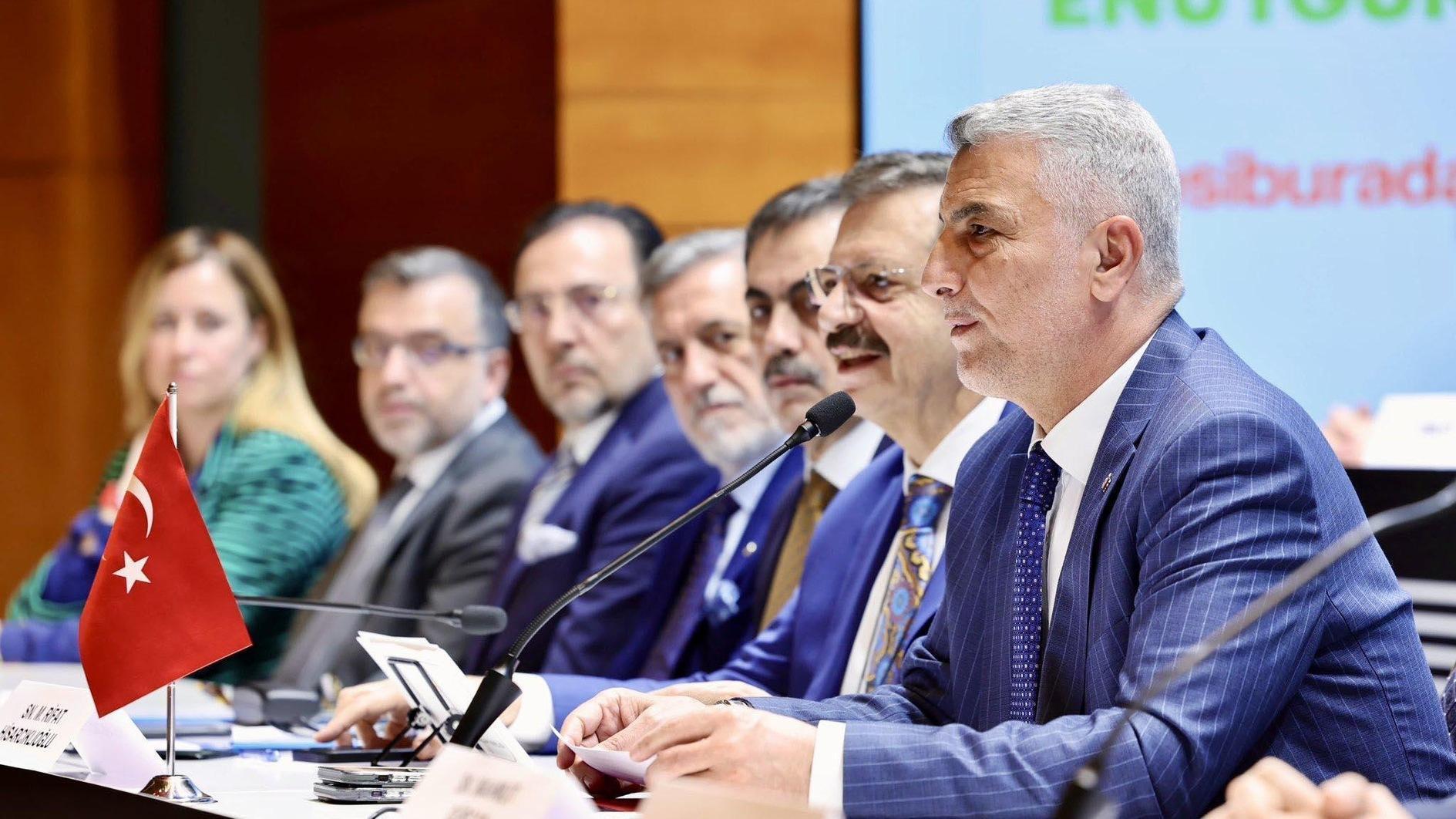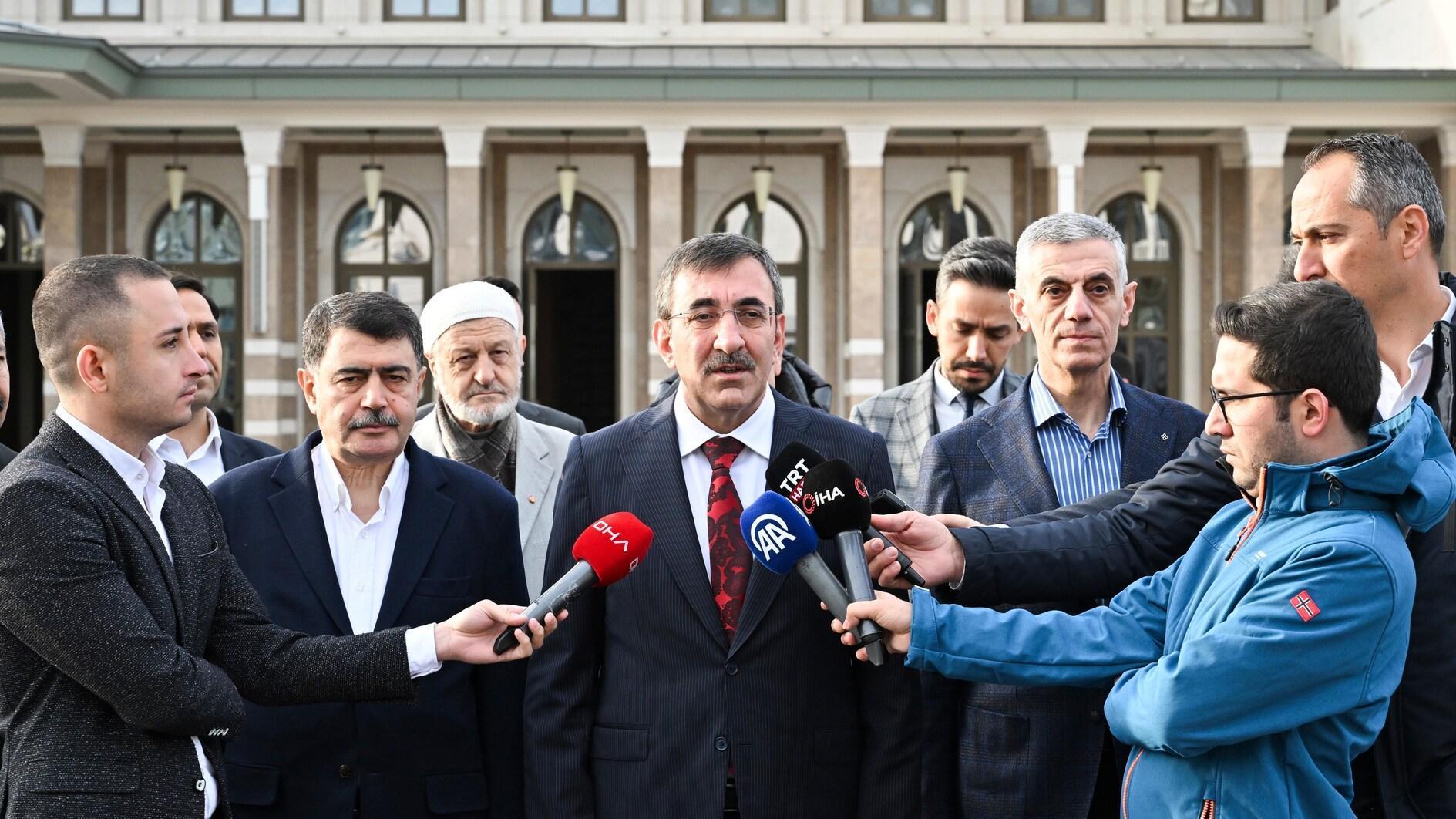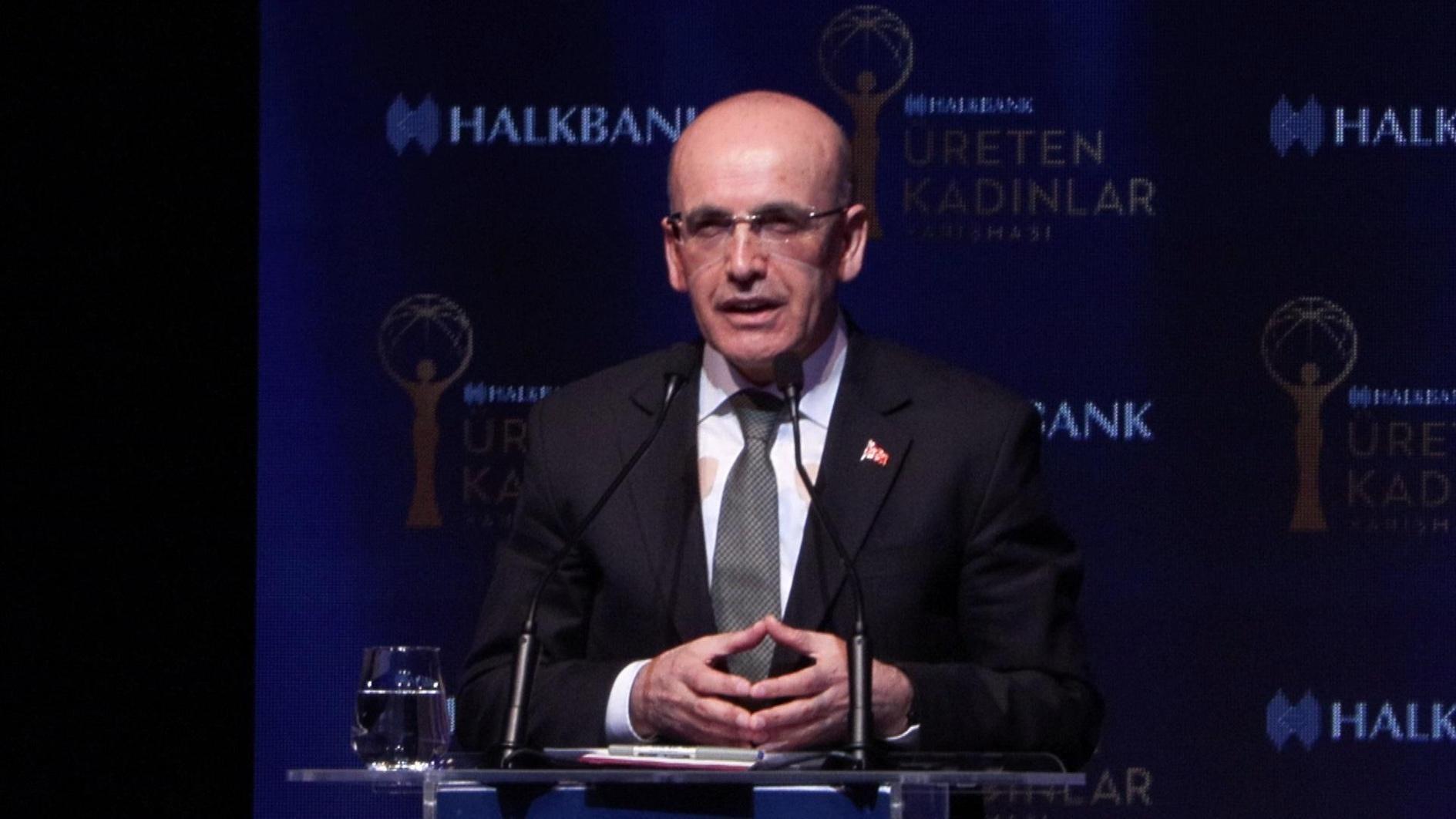Plan B or what?
What are Turks trying to do in Cyprus? What might be the aim behind Turkish Cypriot President Mustafa Akıncı’s decision to allow former residents of three Maronite villages to return to their former homes or heralding thousands of former residents of former touristic resort Varosha suburb of Famagusta that permission for their return might be in the cards?
While there is suspicion among some skeptical circles on the Greek Cypriot side that “Turks might be implementing a comprehensive Plan B and these are just the opening pages of that plan,” the nationalist and conservative segments on the Turkish Cypriot side complain that with such unilateral concessions, instead of a comprehensive settlement, the Akıncı team has apparently started pursuing a “peace by peace settlement,” which might produce very serious consequences for Turkish Cypriots and their struggle to achieve a Cyprus settlement on the basis of political equality.
Confidence building measures had little success on Cyprus and most often were victim to prejudices. Within the framework of many collapsed confidence building packages, the reopening of Varosha to its former residents under U.N. control – as stipulated by a 1974-dated U.N. Security Council resolution – until a Cyprus accord is reached, was suggested many times. In some proposals, in exchange for such a step by the Turkish Cypriots, the Greek Cypriot administration was asked to accept reopening the Nicosia International Airport to the mutual use of the two peoples of the island, in most cases Greek Cypriots agreeing to the opening of the Turkish Cypriot Famagusta port to maritime travel and trade between the island and the EU was suggested. Greek Cypriots each time refused any such deal on grounds the status of the Turkish Cypriot state might be elevated.
Now, it is not yet clear whether the former Maronite residents would return to their villages they abandoned after the 1974 Turkish intervention and live there under U.N. control pending a resolution of the Cyprus problem or would they be expected to accept to become citizens of the Turkish Cypriot state. It would take some time for a clarification but in any case neither the number of people willing to return, conditions of return and most important how long the repair of the infrastructure damaged over the past 43 years might take, are definite for now.
In any case, worries of both the Greek Cypriot side of the return of Maronites and the Varosha residents – if sufficient funding for infrastructure reconstruction, rebuilding, compensation and such huge expenses could be found – will be a real game changer in Cyprus. How many of the dwindling number of Maronite residents of those three villages will agree to return north and live under U.N. or Turkish control there? Would Turkish Cypriots accept the U.N. had the Greek Cypriot administration provides food and emergency supplies like the way Maronites staying in north have been benefitting from since 1974?
The situation of Varosha residents would be even more complicated. Allowing some 16,000 people to return to Varosha is easier said than done. What about infrastructure reconstruction? Compensation, rebuilding of buildings damaged over the years? Turkey, with the EU, U.K. and U.S. support might unveil a radical reconstruction plan for the area but what about the possible compensation demands of the hoteliers? Put aside probable demands over their inability of access to their property since 1974, how will those hotels be rebuilt? On the other hand, if financing could be solved, a massive reconstruction project might offer a golden opportunity for precious employment prospects and an economic boom.
With such huge economic activity bringing together investors and workers of the two sides, it might be probable that soon politics might feel compelled to find some avenues of reconciliation. Of course, would the Greek Cypriot leadership be happy with the prospect of the north getting elevated to its status? Would Maronites and Varosha residents be given citizenship rights, including the right to elect and to get elected in local or general elections? Could the Greek Cypriot state refuse contact with the elected Greek Cypriot mayor of Varosha, or continue sanctions on trade from the north? If Varosha is included within the jurisdiction of the Immovable Assets Commission and many Varosha residents prefer to get compensation and give up their property rights, what will happen?
On the other hand, this Plan B or “settlement in pieces” approach might altogether kill the prospect of a comprehensive settlement on the island.



